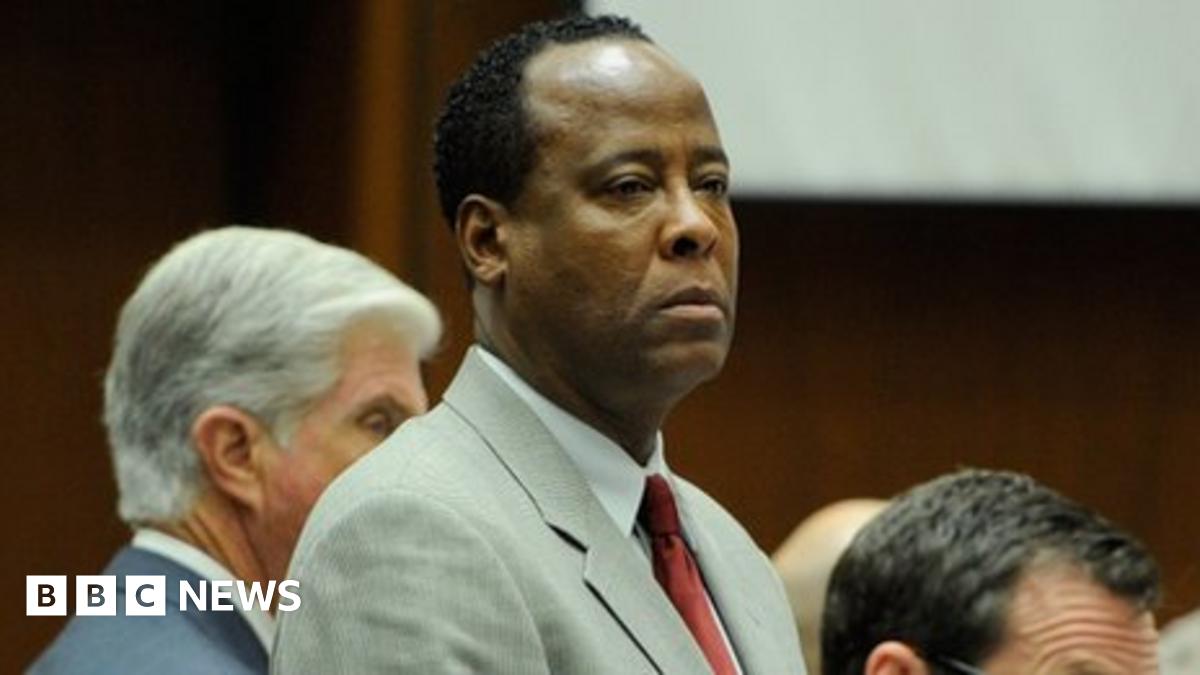"Day 23, Session 1 (TMZ-stream)"
| + YouTube Video | |
| + YouTube Video | |
| + YouTube Video | |
"Day 23, Session 2 (TMZ-stream)"
| + YouTube Video | |
| + YouTube Video | |
| + YouTube Video | |
| + YouTube Video | |
| + YouTube Video | |
| + YouTube Video | |
| + YouTube Video | |
| + YouTube Video | |
| + YouTube Video | |
| + YouTube Video | |
"Day 23, Session 3 (KABC-stream)"
| + YouTube Video | |
| + YouTube Video | |
| + YouTube Video | |
| + YouTube Video | |
| + YouTube Video | |
| + YouTube Video | |
"Day 23, Session 4 (TMZ-stream)"
| + YouTube Video | |
| + YouTube Video | |
| + YouTube Video | |
















 DANKE
DANKE
Kommentar